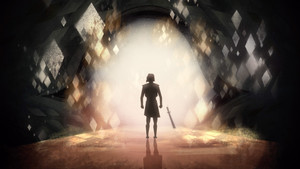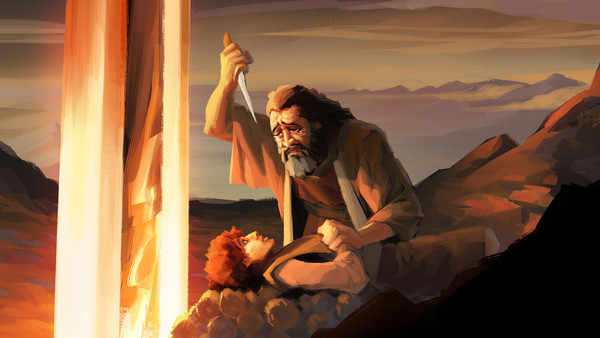

The Test
From the garden of Eden to the tempation of Jesus, the Bible shows a repeated theme of testing. Learn more about how God determines the loyalty and trust of his covenant partners as we explore the biblical theme of testing.
Reflect
Read Genesis 1:26-30 and Genesis 2:8-15. What does God provide for humanity, and how does he generously invite people to partner with him?
Compare Genesis 2:16-17 and Proverbs 3:1-18. How does God warn and test humanity? What choices bring life, and what choices harm the partners and the partnership?
How does the serpent exploit and test humanity’s choice in Genesis 3:1-5? How do humans respond in this circumstance, and what is the result (see Genesis 3:6-24)?
Read Genesis 12:1-20, Genesis 15:1-7, Genesis 16:1-5, Genesis 21:1-19, and Genesis 22:1-19. How does God invite Abram and Sarai into a partnership, and what does he provide for them? How does God test Abram and Sarai? What choices do Abram/Abraham and Sarai/Sarah make, and what are the complicated consequences?
These and other biblical stories ultimately lead us to Jesus, the one who passed the test on humanity’s behalf. What test does Jesus face, and how does he pass through it (see Matthew 4:1-11 and Matthew 26:36-42)?
We may never face Roman execution, but we do encounter painful situations and decisions. How does Jesus’ example affect the way we face tests and choices today (see Hebrews 12:1-17)? What questions remain unanswered for you?
View Guide
Downloads
Biblical Themes

The Wilderness

Redemption
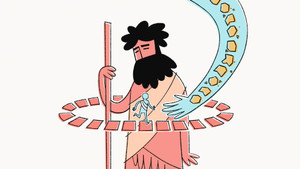
The Exodus Way

The Mountain
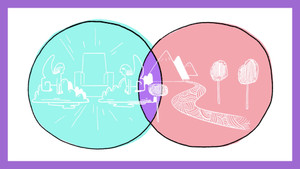
Heaven & Earth

The Messiah
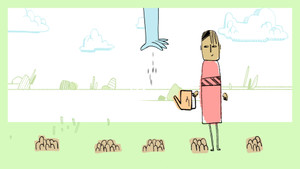
The Covenants
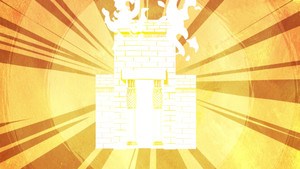
Holiness
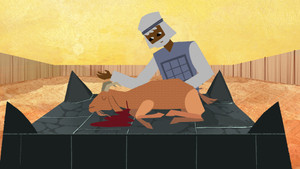
Sacrifice and Atonement
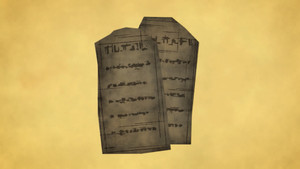
The Law
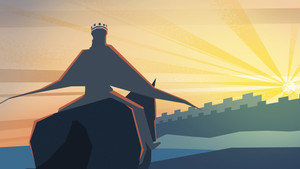
Gospel of the Kingdom
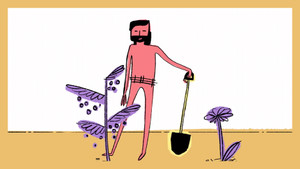
Image of God
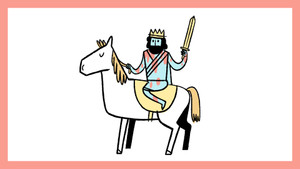
Day of the Lord
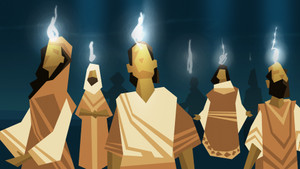
Holy Spirit
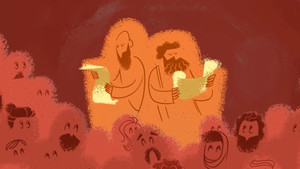
Public Reading of Scripture
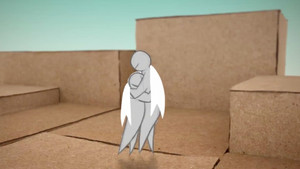
Justice
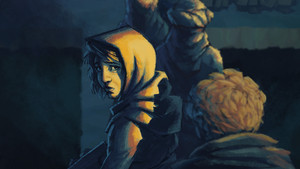
Exile
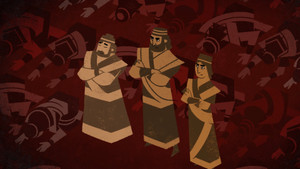
The Way of the Exile
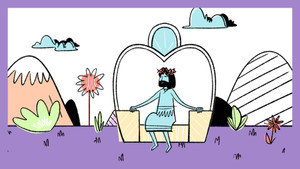
Son of Man

Temple
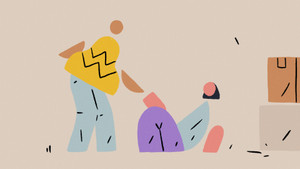
Generosity
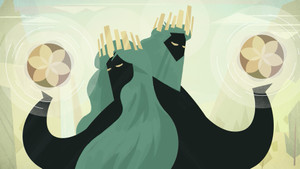
Sabbath
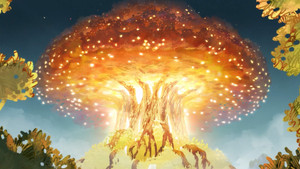
Tree of Life
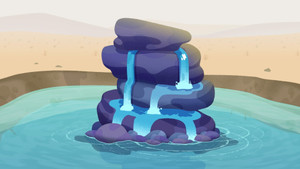
Water of Life

The Test
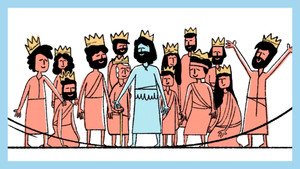
Eternal Life
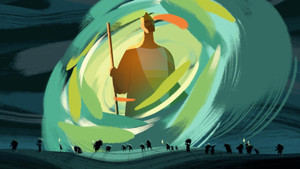
Blessing and Curse
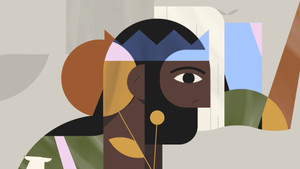
The Last Will Be First
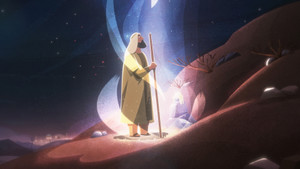
Anointing
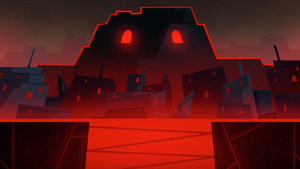
The City
